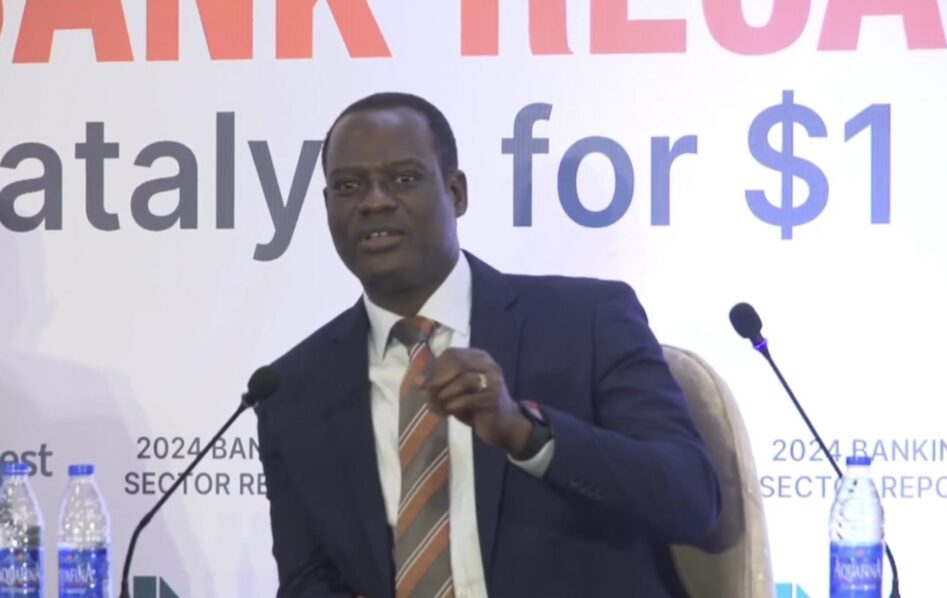
Chairman of the Presidential Fiscal Policy and Tax Reforms Committee, Taiwo Oyedele, has criticised Nigeria’s tax system, stating that it is not conducive for economic growth as it disproportionately taxes the poor and capital instead of focusing on profits.
Oyedele’s censure came as the Senate begins a two-day public hearing on the Tax Reform Bills today while the House of Representatives begins on February 26 and concludes on February 28, 2025.
Speaking at the 2025 Annual General Meeting (AGM) of the Finance Correspondents Association of Nigeria (FICAN) in Abuja, over the weekend, Oyedele emphasised the need for a tax system that encourages business growth rather than stifling it.
Proposed reforms include tax relief for households, incentives for small businesses and a more competitive tax regime. He observed the present tax regime as unhelpful to businesses, households and even the government, with the situation worsened by the multiplicity of tax-collecting agencies.
Amid the chaotic tax system, he advised the government to expand the economic base to increase tax revenue rather than raising tax rates or taxing capital.
CHAIRMAN of the Senate Committee on Finance, Sani Musa, stated: “We intend to take on two of the bills on each day of the session for the press to be fully abreast with what we intend to do.”
The public hearing represents a critical opportunity for citizens and organisations to voice their opinions and contribute to shaping a tax system that reflects the nation’s economic aspirations and social equity.






